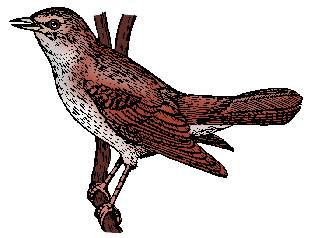Illustration of nightingale


 Lewis Thomas
Lewis Thomas Stewart Edward White
Stewart Edward White  Phil Patton
Phil Patton  Lee Belanger
Lee Belanger